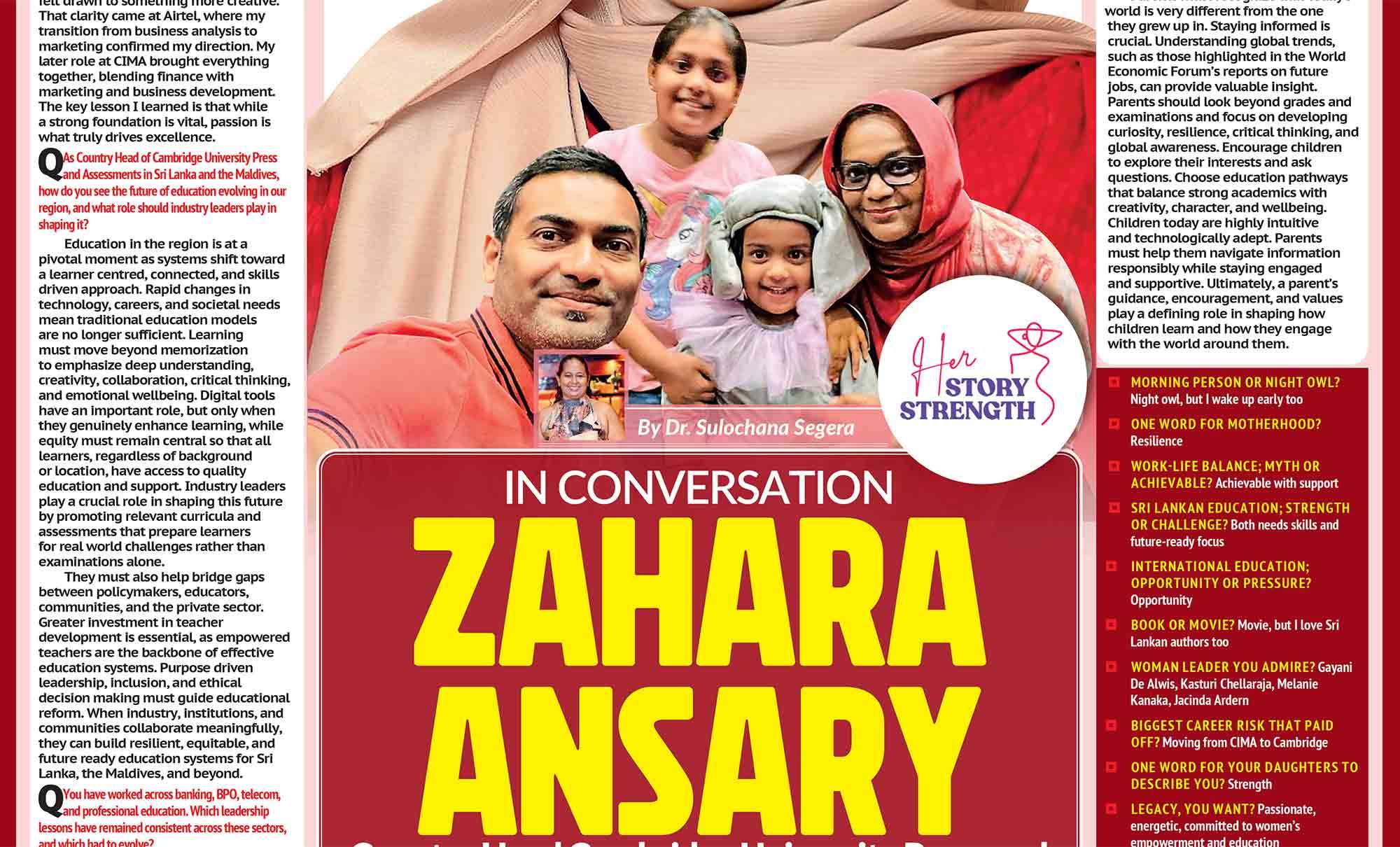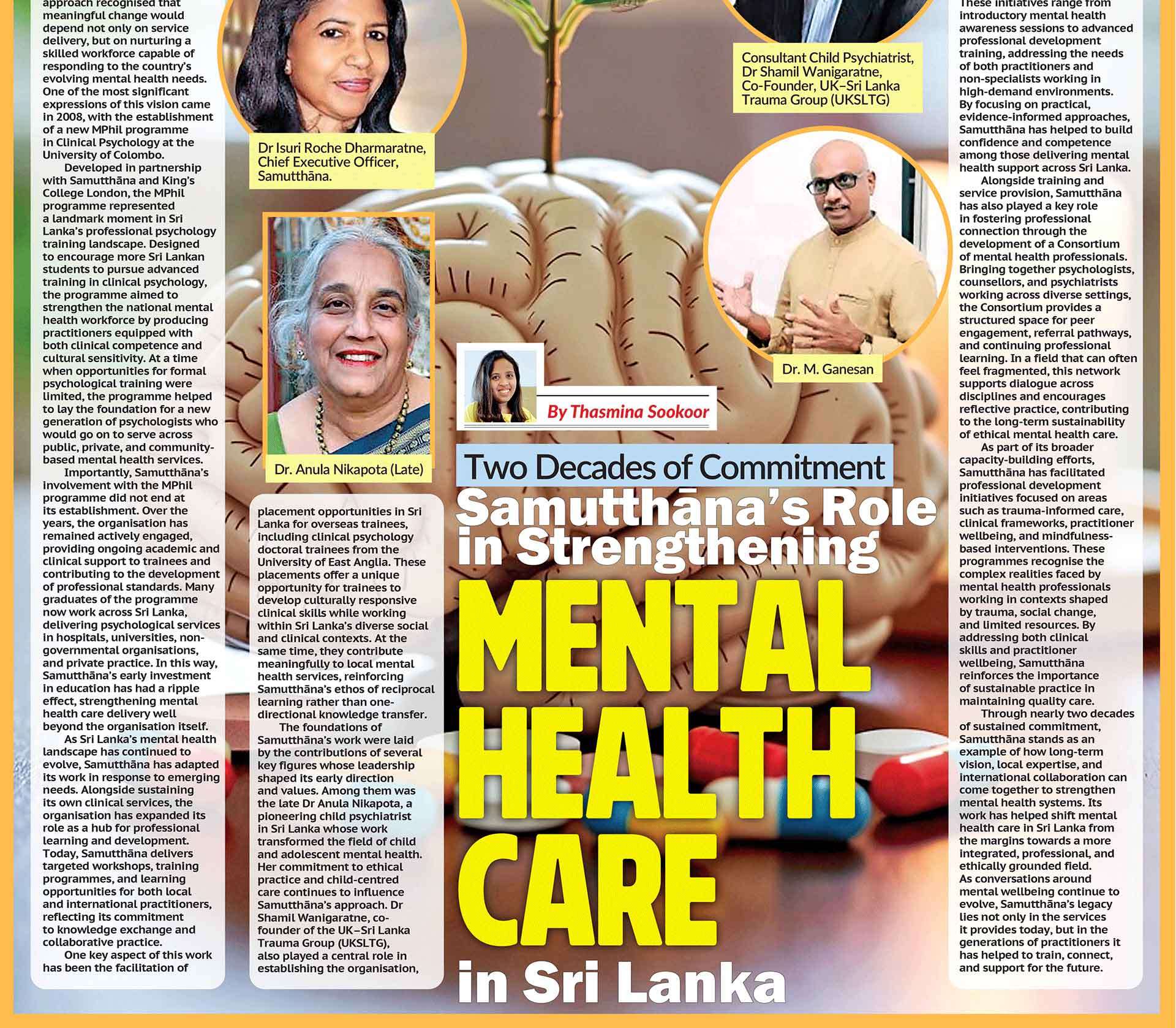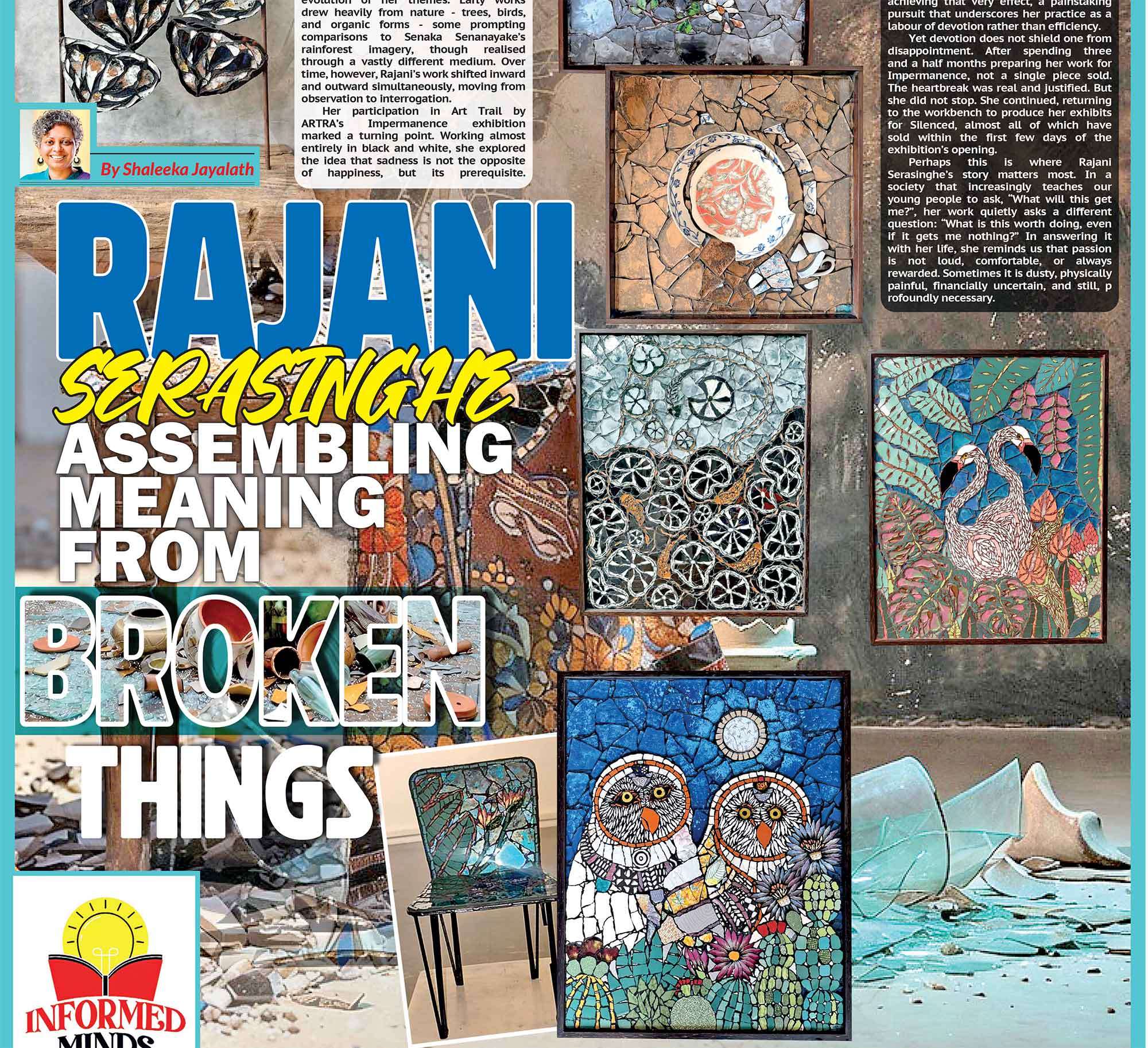
 Do you avoid having difficult conversations at all costs? Is disappearing through the floor more appealing to you than broaching that topic? You are definitely not alone. Confrontation can be scary, and if approached in the wrong manner, can leave a situation worse than it was found. On the other hand, avoiding confrontation doesn’t really help either. Not addressing our needs as and when they occur can result in feelings of resentment towards and detachment from our loved ones. As these negative feelings build, so does the distance between us and them until it eventually feels unsurmountable.
Do you avoid having difficult conversations at all costs? Is disappearing through the floor more appealing to you than broaching that topic? You are definitely not alone. Confrontation can be scary, and if approached in the wrong manner, can leave a situation worse than it was found. On the other hand, avoiding confrontation doesn’t really help either. Not addressing our needs as and when they occur can result in feelings of resentment towards and detachment from our loved ones. As these negative feelings build, so does the distance between us and them until it eventually feels unsurmountable.
Let’s take a more in-depth look at some of the reasons we avoid confrontation
- Fear of ruining the relationship we might worry that bringing up sensitive issues or setting boundaries may result in the other party feeling hurt or betrayed. As a result, we may choose to remain discontent, falsely believing that we are ‘keeping the peace’.
- Emotional insecurity addressing both, our needs and our shortcomings in a relationship require a significant deal of introspection, and this is not easy! Vulnerability can feel scary, and thus we may avoid it to maintain a perceived sense of control.
- Lack of effective role modelling if transparent communication and healthy conflict resolution was not modelled for us in our home environments, we may not know how to approach such conversations in an effective manner. As a result, we may avoid them in the hopes of avoiding arguments or misunderstandings.
Why might improper boundary setting result in fights and/or hurt feelings?
When confronted with vulnerability, we are akin to scared animals it is in our nature to protect ourselves and this may often come out as aggression. If we feel like our character is being attacked, we may either choose to detach in order to avoid discomfort or defend ourselves by getting angry or otherwise upset.

Knowing this, what are some ways in which we can ensure effective communication?
- Prepare for the conversation it is important to have a good idea beforehand of the purpose of the conversation. What do you want to address, how are you affected, what is the outcome you are hoping for, what role do you play in the issue at hand, what can both parties do to achieve the desired outcome? Having this information ready can prevent the conversation from veering off-path, resulting in a more effective outcome.
- Be mindful of how you are feeling difficult conversations are best had in a familiar, comfortable environment for the added sense of security. Remind yourself that the goal of the conversation is to build a healthier and more fulfilling relationship for you and your loved one and practice any techniques that help you to relax. Recognise how you are feeling during the conversation too, and step away at any point if need be.
- Be mindful of the energy you bring to the table; it is important do your best to remain calm, collected and rational during conversations of this nature. Try to keep your voice level, breathing even and body language open.
- Aim to make the other person feel heard and understood, whilst clearly communicating your own needs and emotions. Approach the conversation with the mindset that it is both of you against the problem, and not each of you against each other.
- Use “I” statements addressing your concerns from the angle of how you are feeling instead of what the other person did wrong is effective in removing the accusatory tone from these conversations. This in turn means that the other party is more inclined to listen to how you are feeling without jumping to defend themselves.
- Remember that it’s okay to agree to disagree, of course, in many situations there exists a worthwhile compromise though this is not always the case. You and your loved ones do not need to be aligned on everything, as long as you are able to behave respectfully and empathetically towards each other.

Although avoiding difficult conversations may feel safer short-term, addressing them strengthens trust and intimacy in the long run. Remember we cannot actually read other people’s minds, and more often than not, they are far more understanding than we give them credit for! So go ahead and have that conversation you’ve been avoiding today, and I assure you, far happier relationships are on the horizon!











